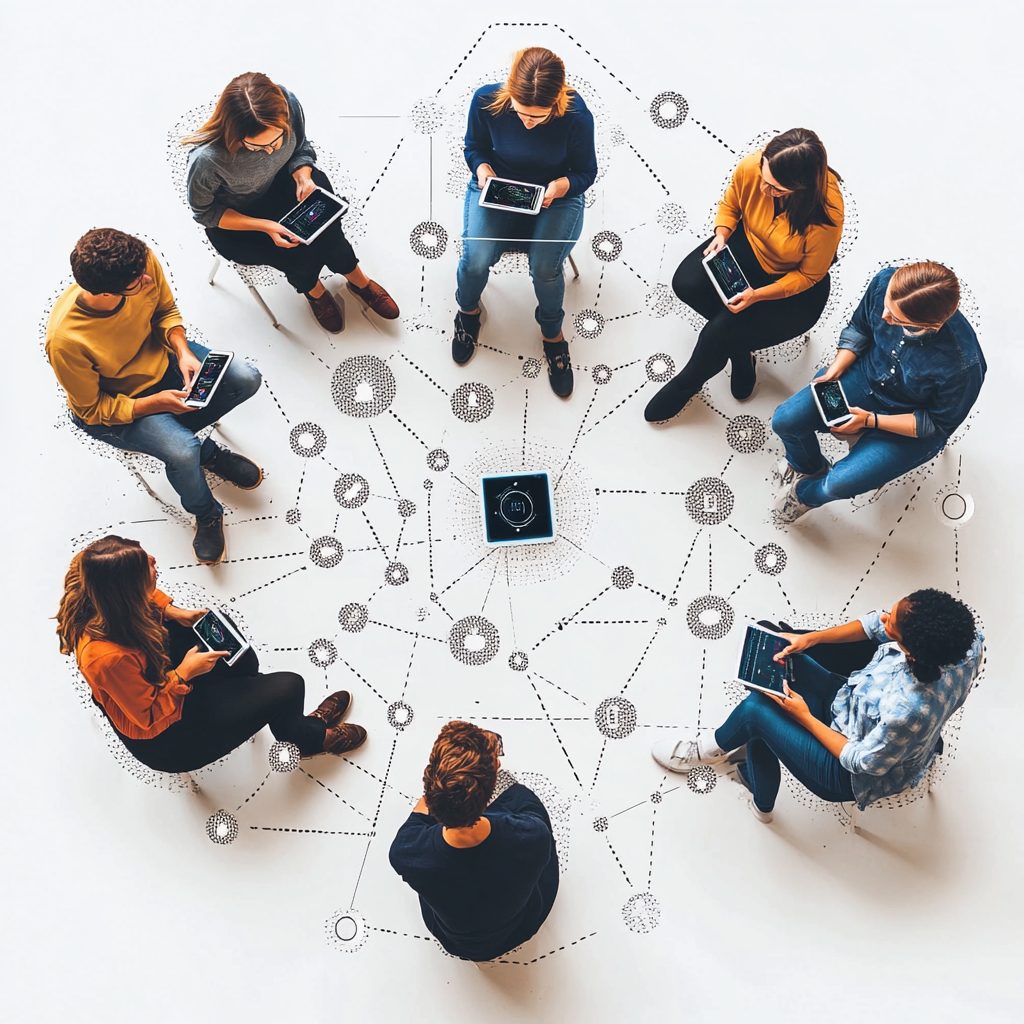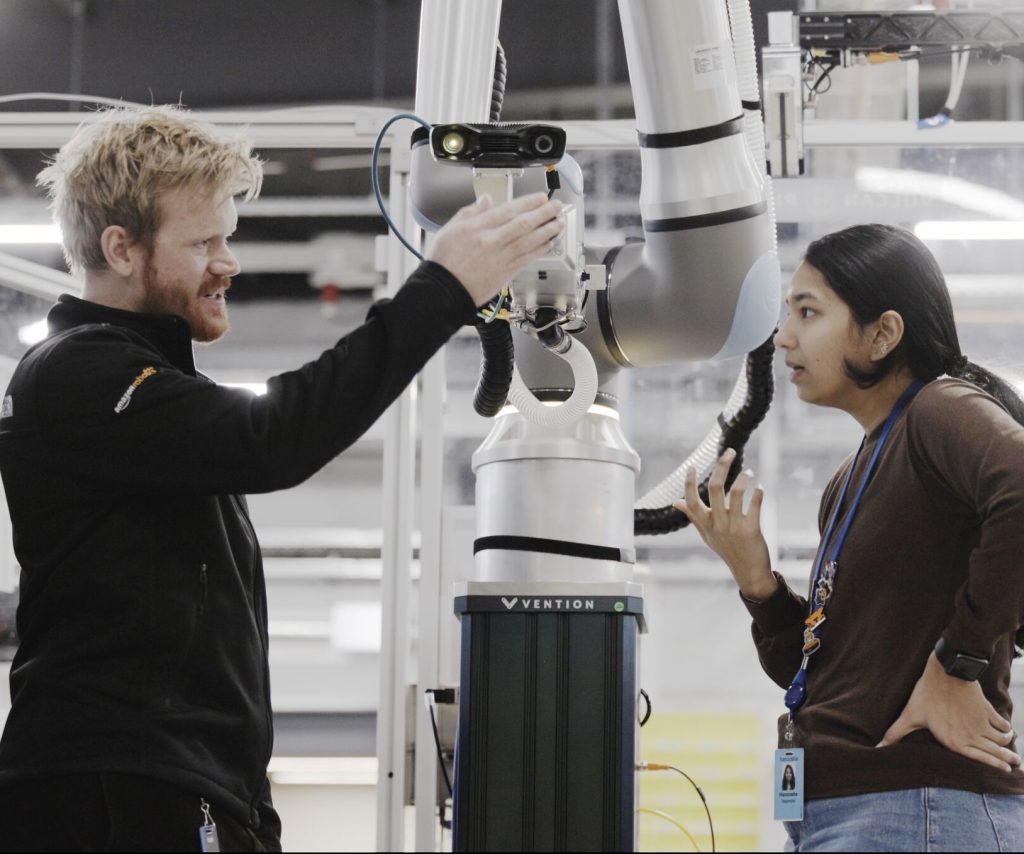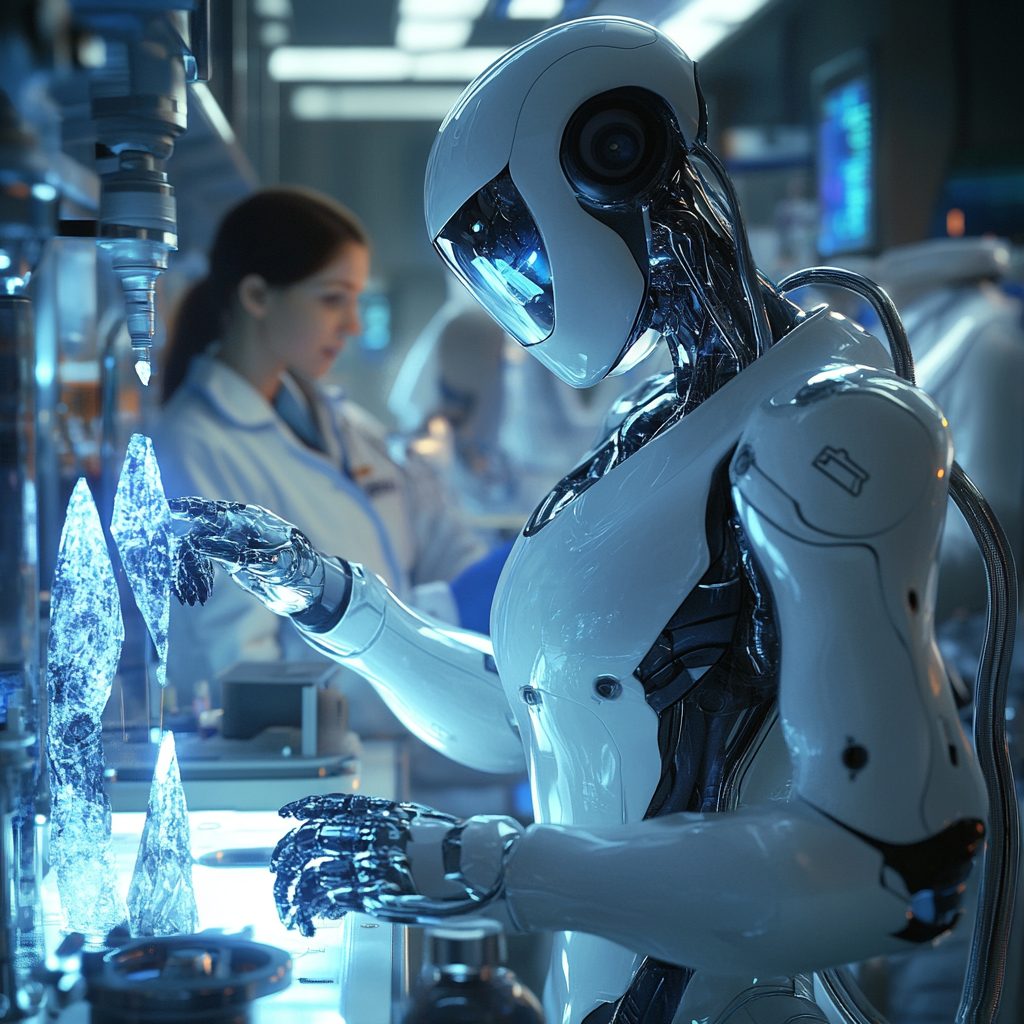The latest research on how people are actually using generative AI in 2025 reveals a dramatic and unexpected shift that few experts predicted: our relationship with AI is becoming deeply personal and emotional, rather than primarily technical.
According to recent Harvard Business Review research, the most popular AI applications now center around human emotional needs, self-improvement, and finding meaning – a stark contrast to the coding and content creation use cases that dominated just a year ago.
The Unexpected Top 3
- Therapy/Companionship: Skyrocketing to the #1 position, people are increasingly turning to AI for mental health support and emotional connection. As one user from South Africa explained: “Where I’m from, mental healthcare barely exists; there’s a psychologist for 1 in every 100,000 people and a psychiatrist for 1 in every 300,000 people. Large language models are accessible to everyone, and they can help.”
- Organizing My Life: This practical but deeply personal use case has emerged as the second most common application. From creating household cleaning schedules to managing daily tasks, AI is becoming our digital life manager. One user shared: “I just asked it to create a timeline for me to clean and organize my house before we have guests staying.”
- Finding Purpose: Perhaps most surprising is this existential application reaching #3. People are actively using AI to define values, overcome personal obstacles, and chart meaningful life paths.
Other top-10 use cases include enhanced learning (#4), code generation (#5), idea generation (#6), entertainment (#7), code improvement (#8), creativity (#9), and healthier living (#10).
The Great Theme Shift
The research categorized all use cases into six broader themes, revealing a dramatic year-over-year transformation:
“Personal and Professional Support” now dominates at 31% of all use cases, dramatically expanding from 2024. This category has taken substantial ground from what was previously the leader: “Technical Assistance & Troubleshooting,” which now accounts for only 15% of use cases.
Content creation (18%), learning/education (16%), creativity/recreation (11%), and research/analysis (9%) round out the other major categories.
“What surprised us most wasn’t what AI could do, but how it changed what humans choose to do with their time,” notes one innovation leader quoted in the research. “When freed from routine tasks, people naturally gravitate toward the most human aspects of their work – building relationships, solving complex problems, and applying creativity in ways AI simply cannot.”
Beyond The Expected
The study highlights several fascinating examples of how people are applying AI in ways that extend far beyond what developers initially envisioned:
- Creating detailed travel itineraries with recommendations for local experiences
- Developing personalized nutrition plans based on specific dietary needs
- Successfully disputing legal fines through AI-generated appeal letters
- Supporting learning by explaining concepts that online courses gloss over
This shift toward emotional and personal applications raises interesting questions about our relationship with technology. While many experts predicted AI would first prove itself in technical domains, this research suggests it may help us most with our deeply human needs for connection, meaning, and personal growth.
Growing Sophistication and Concerns
The report also notes that users in 2025 show increased sophistication in their understanding of AI capabilities and limitations. Many express concerns about data privacy and the potential impact on children’s educational development, while others worry about becoming overly dependent on AI for thinking tasks.
The research reveals mixed reactions to these developments. Some users have grown skeptical of AI systems’ perceived biases, while others embrace the technology as “the most AMAZING invention” they’ve experienced.
Common Questions About AI in 2025
Q: How are most people actually using AI tools in 2025? While coding and content creation remain important, the most common applications now involve emotional support, personal organization, and finding purpose. AI has evolved from primarily assisting with technical tasks to helping with deeply human needs for connection, meaning, and self-improvement.
Q: Should we be concerned about becoming too dependent on AI? The research shows this is a legitimate concern shared by many users. Some report becoming “too dependent” or turning to AI rather than using their brains for complex tasks. However, others view AI as a learning tool that enhances rather than replaces human thinking.
What are your thoughts on how AI is being used in your personal or professional life? Share your experiences in the comments below. And you can read the full report here.
Want to stay informed about the latest AI trends and research? Sign up for our AI Newsletter to receive weekly updates on how artificial intelligence is transforming work and life.
Curious how AI can work for your organization? Check out our AI Consulting Service — we’d love to help you make it real.
If you’re exploring how AI can drive real results for your team, our AI Consultancy Services might be exactly what you need — check it out now!


